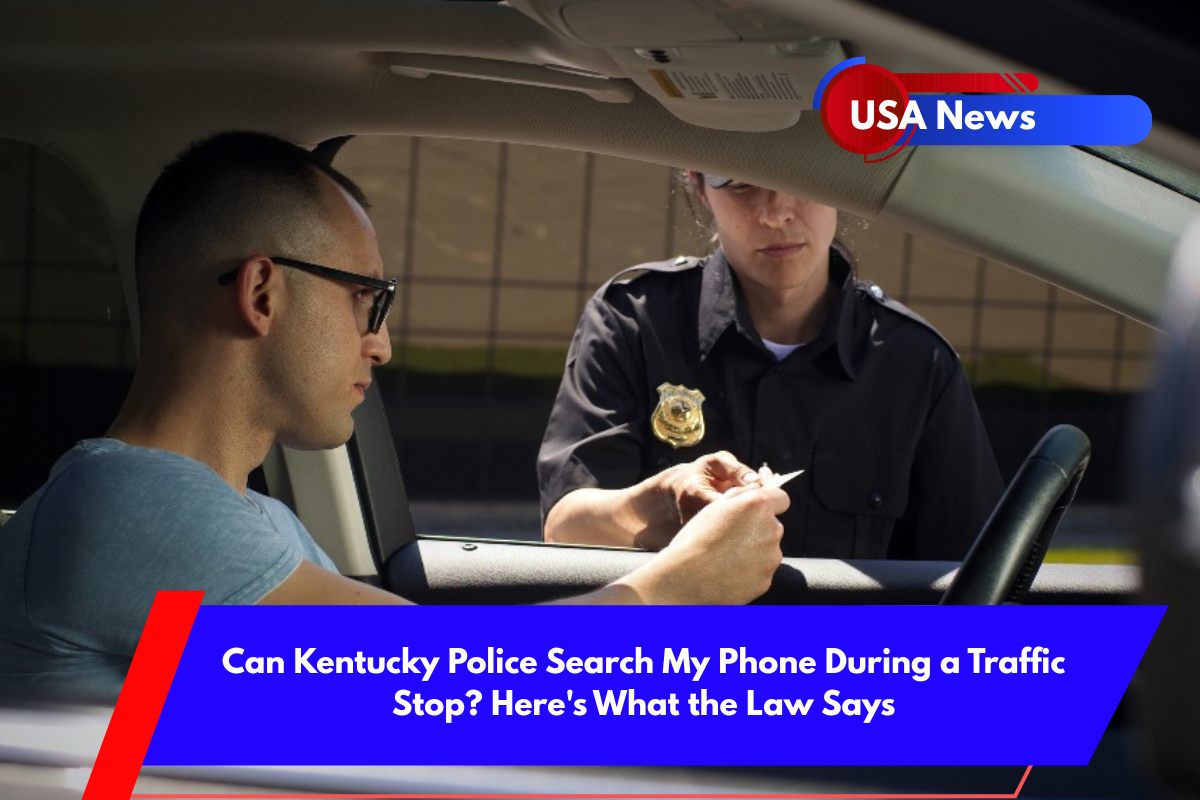In Alaska, as in the rest of the United States, your phone is protected by the Constitution from unreasonable searches and seizures. The law is clear: police cannot search your phone during a traffic stop unless they have a valid warrant or you provide consent.
This strong privacy protection for digital devices ensures that law enforcement cannot freely access your personal information without legal justification.
What the Law Says
Warrant Requirement
In Alaska, police must obtain a search warrant to search the contents of your phone. The warrant must be supported by probable cause, which means there must be reasonable grounds to believe that your phone contains evidence of a crime.
Moreover, the warrant must specifically describe what is being searched and seized—broad warrants that allow general searches of your phone are not permitted.
The Alaska Court of Appeals has reinforced that even if law enforcement has a warrant for other evidence, they must demonstrate a clear connection between the alleged crime and your phone to justify its search.
Consent
If an officer asks to search your phone during a traffic stop, you have the right to refuse. You are not legally obligated to consent to a search, and if you choose to decline, your refusal cannot be used as a reason to justify a search. If you give consent, however, officers can legally search your phone and any data it contains.
Exceptions
In certain rare cases, police may search your phone without a warrant or consent if there are exigent circumstances. These situations could include an immediate threat to safety or the risk of evidence being destroyed.
However, such cases are exceptional and must be justified in court. Simply being stopped for a traffic violation does not give police the right to search your phone.
Your Rights During a Traffic Stop in Alaska
If you’re stopped by the police in Alaska, you should know your rights:
You are required to provide your driver’s license, vehicle registration, and proof of insurance if asked.
You do not have to consent to a search of your car, belongings, or phone.
You have the right to remain silent and can refuse to answer questions beyond providing identification and documents.
If you are not under arrest, you have the right to ask whether you are free to leave.
Recent Court Rulings
Both the Alaska Court of Appeals and the U.S. Supreme Court have reinforced the strong protections for cell phones under the Fourth Amendment.
The Alaska Court of Appeals has emphasized that cell phones cannot be searched with a general warrant. The U.S. Supreme Court, in the case of Riley v. California, ruled that police generally need a warrant to search a cell phone, even after an arrest.
What to Do If Asked to Hand Over Your Phone
If an officer asks you for your phone, you can politely refuse by saying, “I do not consent to a search of my phone.” Make sure not to physically resist, but make your refusal clear. If police proceed without a warrant or your consent, any evidence found could be challenged in court as unlawfully obtained.
Sources:
1. https://www.horowitzlawmi.com/post/dental-medicaid-fraud-victory-on-appeal
2. https://www.acluak.org/en/know-your-rights/what-do-if-youre-stopped-police
3. https://en.wikipedia.org/wiki/Restrictions_on_cell_phone_use_while_driving_in_the_United_States













